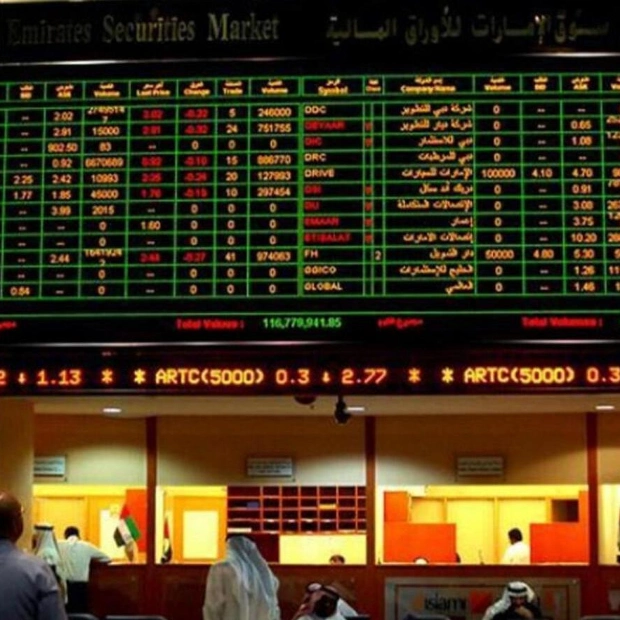Oil prices surged on Thursday as market participants closely monitored key producing countries in the Middle East, with growing worries that an escalating regional conflict could disrupt global crude flows. Brent crude futures climbed $3.59, or 4.86%, to $77.49 per barrel by 1:08 p.m. EDT, while U.S. West Texas Intermediate crude futures rose $3.58, or 5.11%, to $73.68. Additionally, U.S. gasoline futures saw a more than 5% increase during the session.
Brent futures hit an intraday high of $77.65 per barrel, the highest since August 30, and WTI futures reached $73.95 per barrel, marking a one-month peak. Market anxiety is rising over the potential for Israel to strike Iranian oil infrastructure, which could provoke retaliatory actions from Iran.
"This situation will truly test the resilience of the market, as the risk to supply has been underestimated so far," said Phil Flynn, senior analyst at Price Futures Group. "It is prompting many bullish inquiries. The market must prepare for increased volatility," he added.
There are fears that such escalation could lead Iran to block the Strait of Hormuz or attack Saudi infrastructure, as it did in 2019, according to Panmure Gordon analyst Ashley Kelty. The strait is a critical logistical bottleneck through which a fifth of daily global oil supply passes.
Ministers from Gulf Arab states and Iran participated in a meeting of Asian nations hosted by Qatar to discuss de-escalating tensions between Israel and Iran, as reported by three sources to Reuters on Thursday. The Gulf Arab states aimed to reassure Iran of their neutrality in the conflict, fearing further violence could jeopardize Gulf oil facilities, according to two of the sources.
"The escalating conflict in the Middle East is causing considerable supply concerns in the global crude market," said Rystad Energy’s chief economist, Claudio Galimberti, in a note on Thursday. "The potential for supply disruptions, especially, but not limited to, Iran, rises as the fighting intensifies," he added.
However, oil gains were curbed on Thursday when the National Oil Corp (NOC) lifted the force majeure at all Libyan oilfields and terminals, potentially ending a crisis that had significantly reduced oil output. Meanwhile, U.S. crude inventories increased by 3.9 million barrels to 417 million barrels in the week ended September 27, according to the Energy Information Administration, contrary to Reuters poll expectations of a 1.3 million barrel decline.
"The swelling U.S. inventories indicate that the market is well-supplied and can handle any disruptions," said ANZ analysts in a note. Concerns have been mitigated by OPEC's oil spare output capacity and the fact that global crude supplies have not yet been affected by unrest in the key producing region. OPEC has sufficient spare capacity to compensate for a complete loss of Iranian supply if Israel targets that country's facilities.






